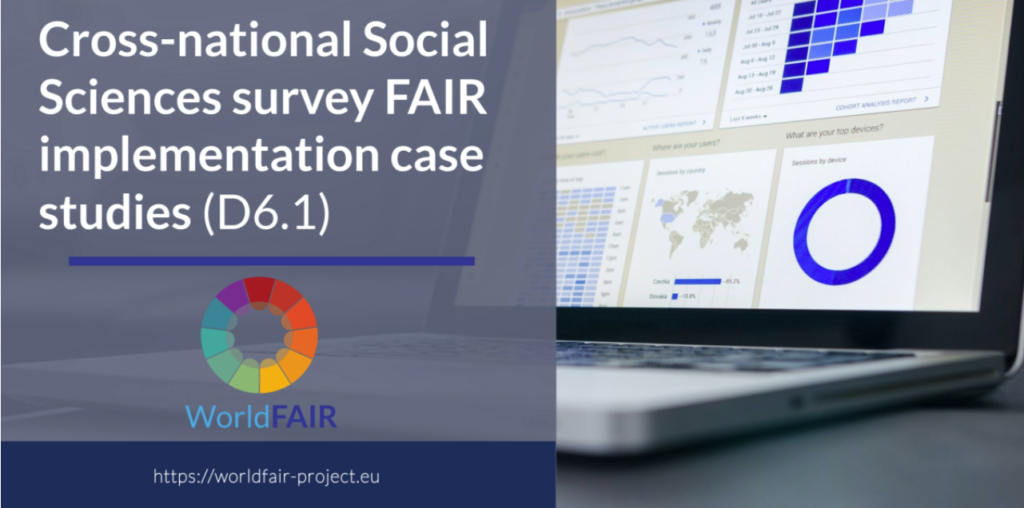
New from the WorldFAIR project (https://worldfair-project.eu/
The case studies consider the current data management and harmonisation practices of study partners in the ESS, including an analysis of the current practices with FAIR data standards, particularly leveraging FAIR Information Profiles (FIPs) and FAIR Enabling Resources (FERs).
The comparative analysis of the two case studies considers key similarities and differences in the management of the two data collections. Core differences in the use of standards and accessible, persistent registry services are highlighted, as these impact on the potential for shared, integrated reuse of services and content between the two partner organisations.
The report concludes with a set of recommended practices for improved management and automation of ESS data going forward—setting the stage for Phase 2 of WorldFAIR Work Package 6—and outlines the proposed means for implementing this management in the two partner organisations.
These recommendations focus on three areas of shared interest:
• Aligning standards
• Establishing common tools
• Establishing and using registries
in order to advance implementation of the FAIR principles, and to improve interoperability and reusability of digital data in social sciences research.
The full report is available on Zenodo: https://zenodo.org/record/7584
Keep up to date! The latest WorldFAIR project newsletter is now available with all current WorldFAIR news and events: https://mailchi.mp/6b99b5fa3ed
Subscribe to the WorldFAIR project newsletter here: https://worldfair-project.eu/w
